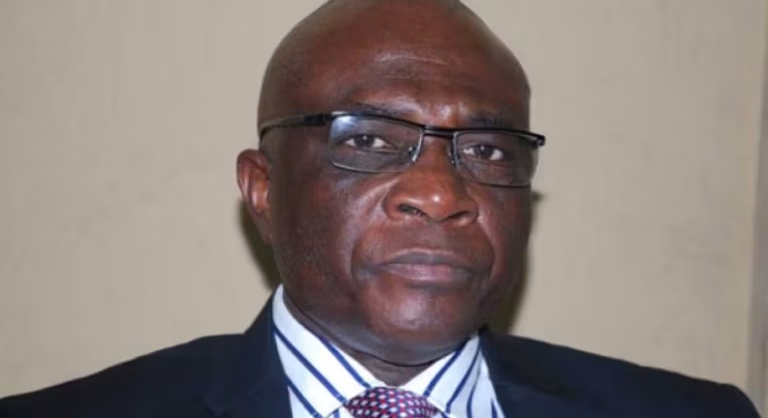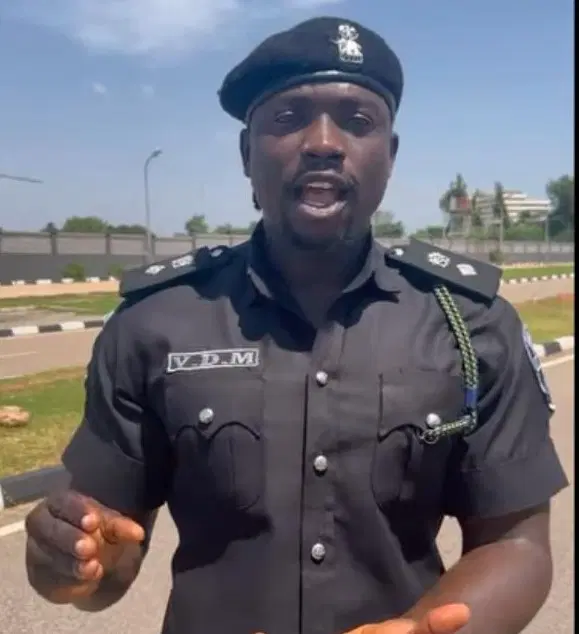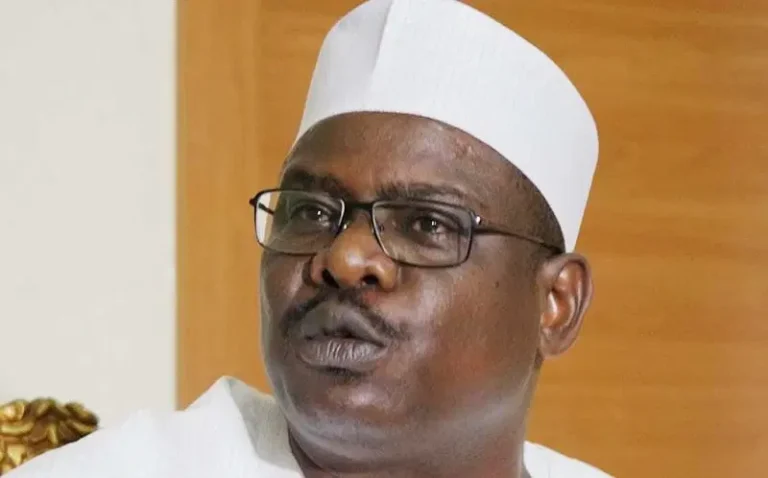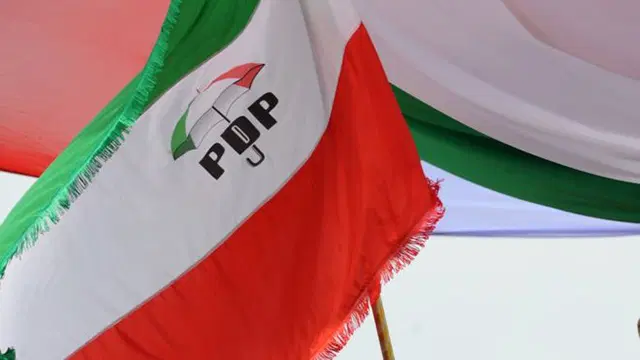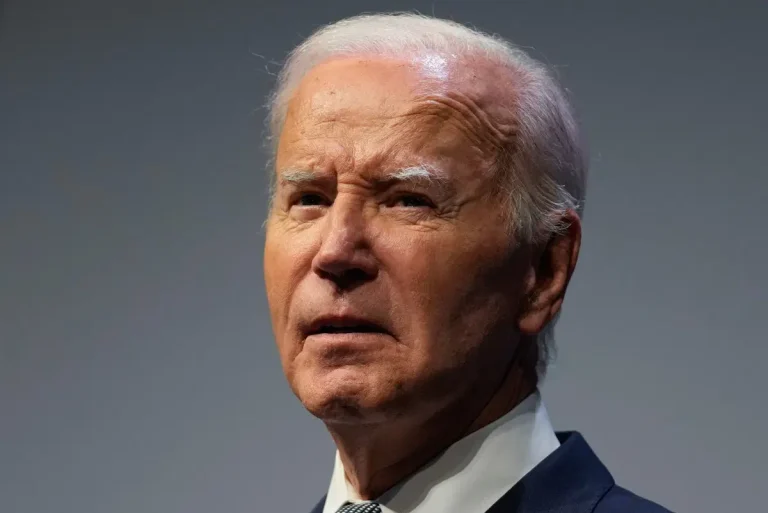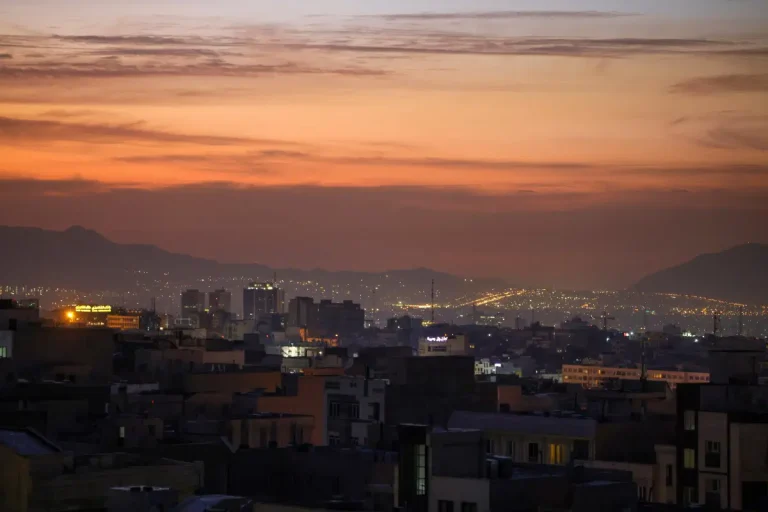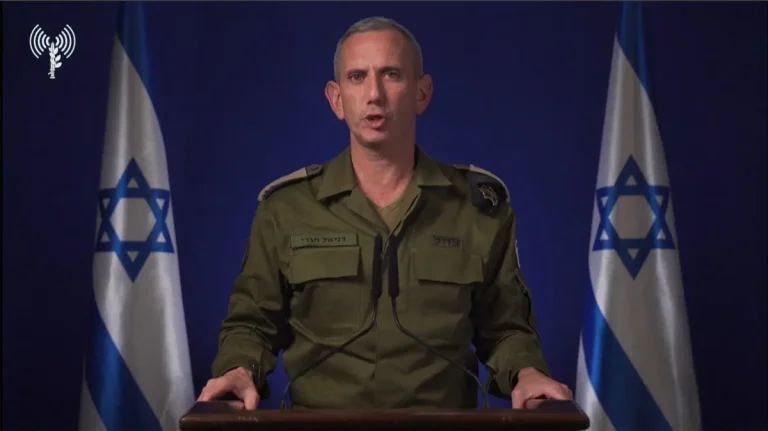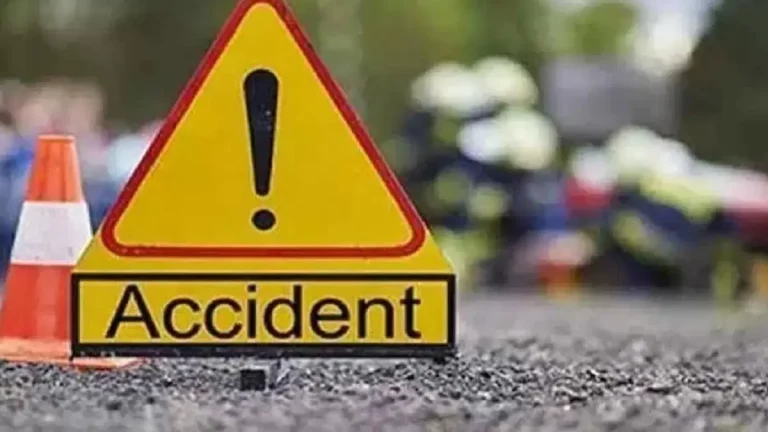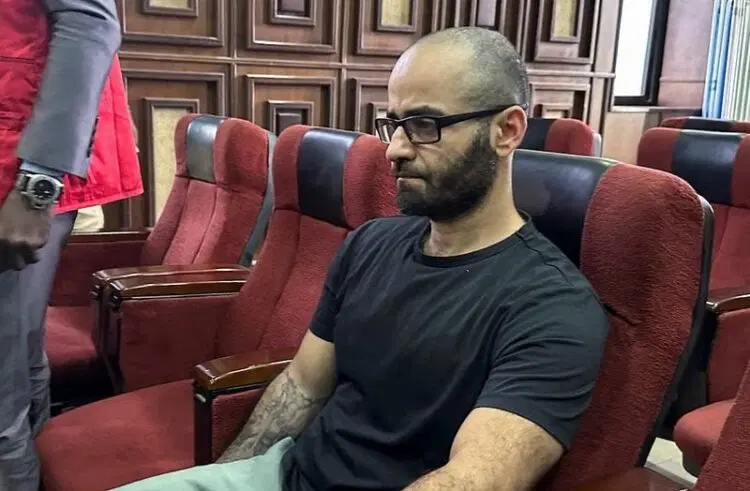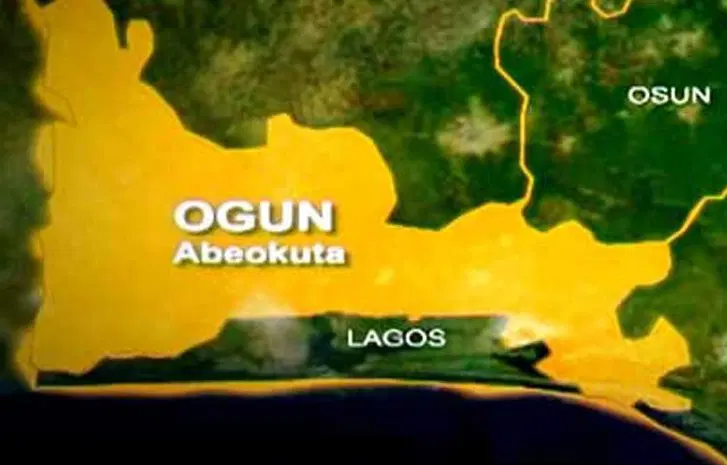2 mn readFollowing the crash of a Sikorsky SK76 helicopter operated by Eastwind Aviation near Bonny Finima off the coast of Port Harcourt, the Nigerian Safety Investigation Bureau (NSIB) has announced the suspension of search operations due to diminishing daylight. The decision was made at 6:15 PM on October 25, 2024.
In a statement from Mrs. Bimbo Oladeji, Director of Public Affairs and Family Assistance at NSIB, it was confirmed that no debris, survivors, or bodies were recovered during that day’s search. However, divers were able to establish a secure diving perimeter at an expected location of the wreck.
The statement read: “In line with global best practices, we are providing an update on the ongoing search and recovery efforts following the October 24, 2024, ditching incident involving a Sikorsky SK76 helicopter operated by Eastwind Aviation. The incident occurred near Bonny Finima, off the coast of Port Harcourt. Rescue operations commenced shortly after, with teams continuing to work extensively to locate the helicopter and any signs of survivors.”
Search operations resumed on October 25 at 7:30 AM local time, with an expanded search area to locate any debris or signs of survivors. A team of NSIB Aviation Safety Investigators, along with representatives from the Ministry of Aviation and Aerospace Development, arrived at the Nuim Antan facility to gather pertinent information through interviews with relevant staff. The investigative team concluded their interviews and departed by 3:24 PM.
Despite the efforts, as of the evening of October 25, no significant findings had been made. The divers successfully measured the perimeter depth at 40-50 meters, and additional diving equipment and resources will be deployed to assist in continuing the recovery efforts.
Captain Alex Badeh Jr., the Director General of the NSIB, expressed gratitude for the ongoing efforts of the rescue teams and their partners. He stated, “We acknowledge the tireless efforts of the amalgamated rescue teams and supporting partners. We will continue these operations with every resource necessary and appreciate the cooperation and patience of all stakeholders involved.”
The helicopter was reportedly en route from Port Harcourt Military Base (DNPM) to the NUIMANTAN oil rig with eight individuals on board at the time of the incident.

